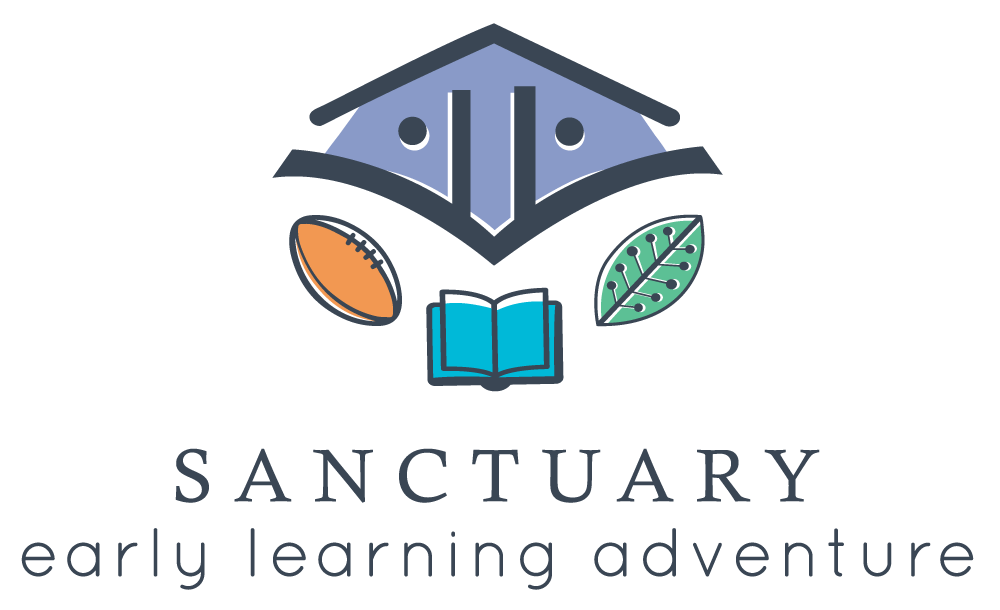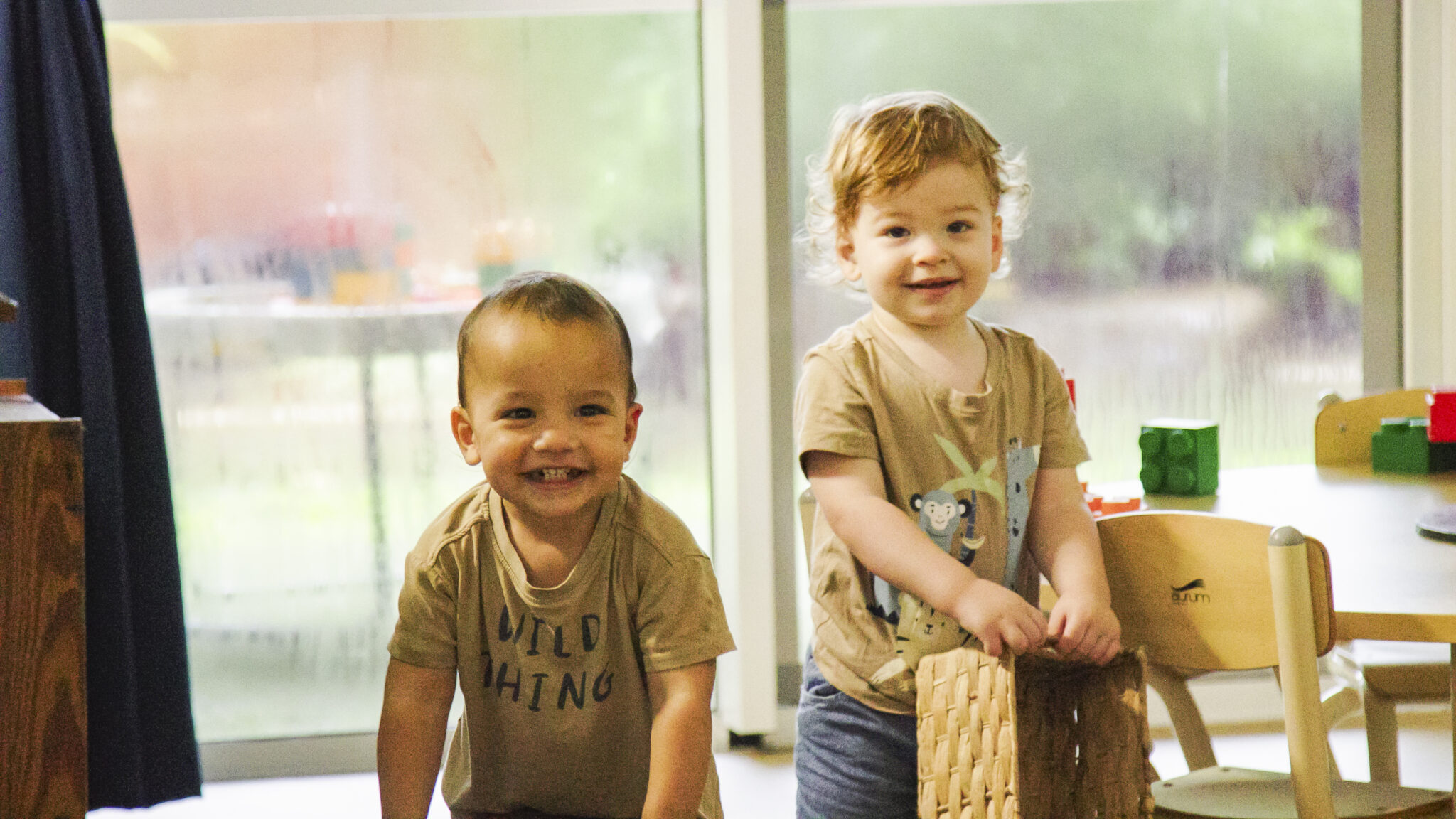Understanding the role of socialisation in the formative years of children’s lives reveals how essential quality childcare settings are. Socialisation isn’t just about making friends—it’s a complex, vital process where young learners gain emotional intelligence, empathy, problem-solving skills and much more. Within the nurturing environment of a childcare centre, these interactions aren’t left to chance. This blog explores how various activities can foster socialisation and outlines the profound benefits these interactions offer.
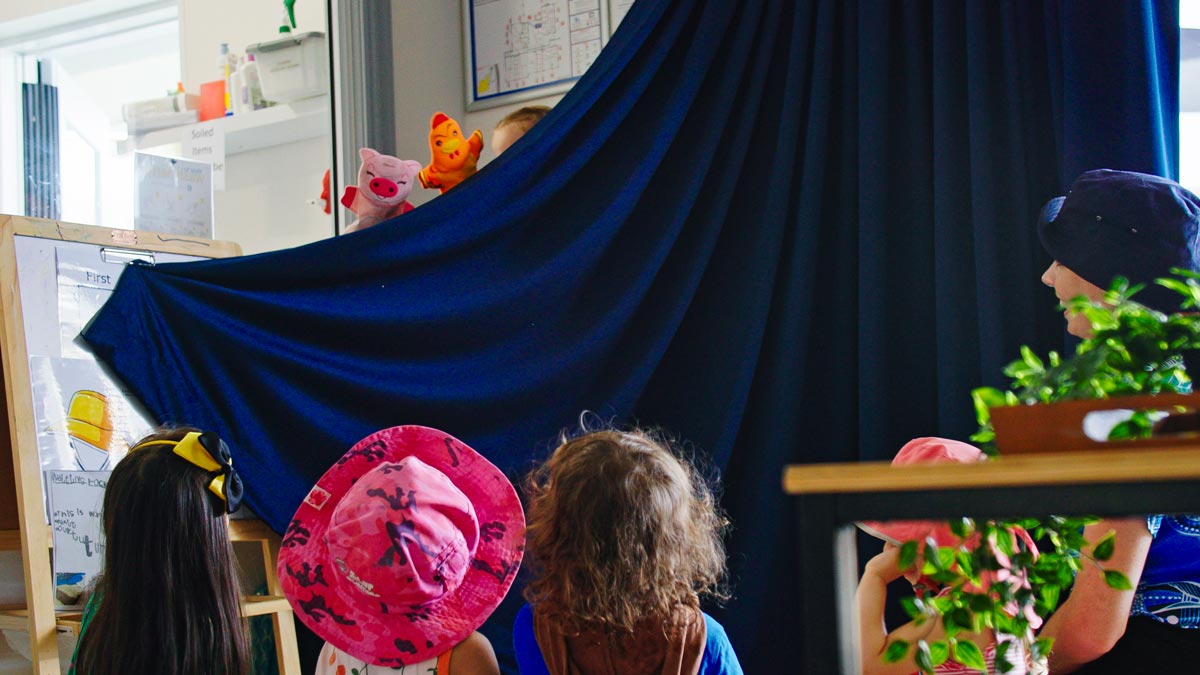
Embracing Diversity Through Play
Diverse play settings in childcare are essential for fostering social learning and understanding among children from different backgrounds.
Here’s how:
- Multicultural Activities: Incorporating games, music and stories from various cultures to promote appreciation and understanding.
- Inclusive Play Areas: Creating spaces where children of all abilities can play together, fostering empathy and inclusivity.
- Group Art Projects: Encouraging collaborative art projects that allow children to express themselves and appreciate others’ perspectives.
- Language Learning Games: Introducing basic words and phrases from different languages through fun activities.
Benefits:
- Children learn to respect and appreciate cultural differences.
- Exposure to diverse languages and expressions broadens communication abilities.
- Inclusive activities create a sense of belonging and community.
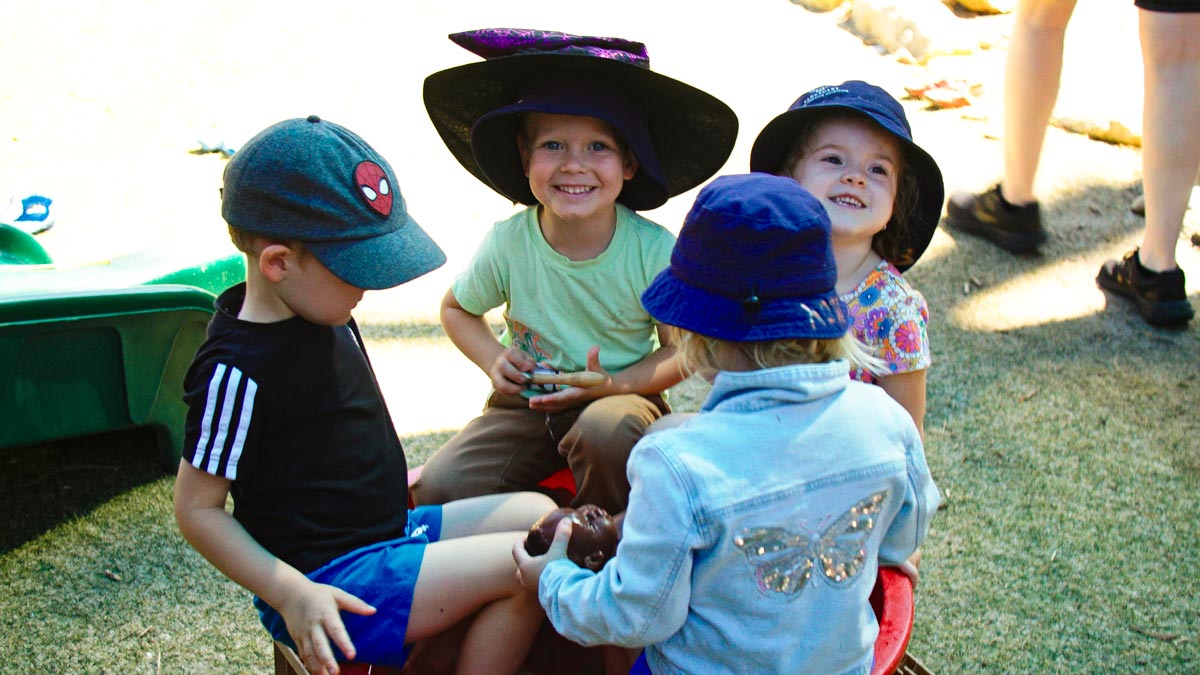
Building Social Skills with Structured Group Activities
Structured group activities like yoga, music, dance and sport offer numerous benefits for children. Not only do they enhance physical development, improve coordination and promote overall health; these activities foster social skills, teamwork and cooperation, encouraging children to build friendships.
Role of Educators
Educators play a vital role in fostering children’s social development. They encourage children to express their thoughts and listen to others, promoting active listening and verbal skills. By demonstrating positive social interactions, educators set a strong example for children. Additionally, they assist in resolving disputes and teaching effective communication and problem-solving skills, among the key childcare benefits supporting a child’s overall growth.
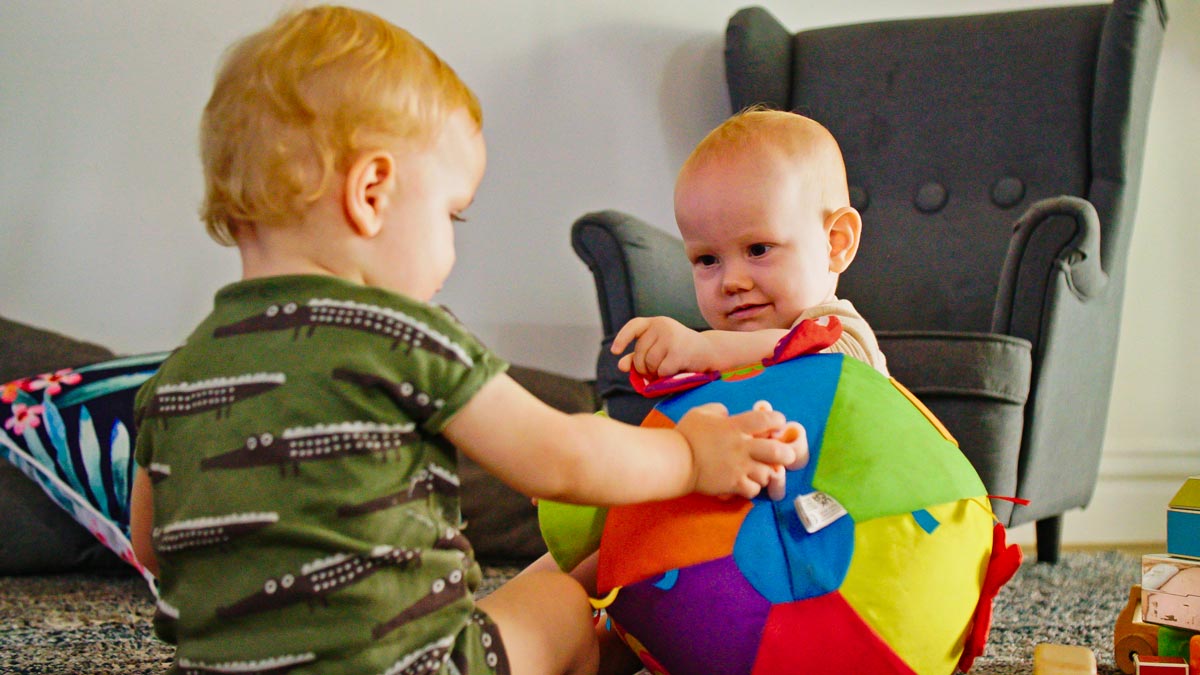
Nurturing Emotional Intelligence in Early Years
Learning to identify and understand one’s own emotions and those of others is a fundamental part of emotional intelligence. This foundational skill helps children navigate social interactions more effectively. Interacting with peers in various situations helps children learn to empathise with others. These experiences teach them to appreciate different perspectives and develop compassion. Educators can support children in recognising and managing their emotions, promoting self-regulation. By guiding them through challenging feelings, educators help children build resilience.
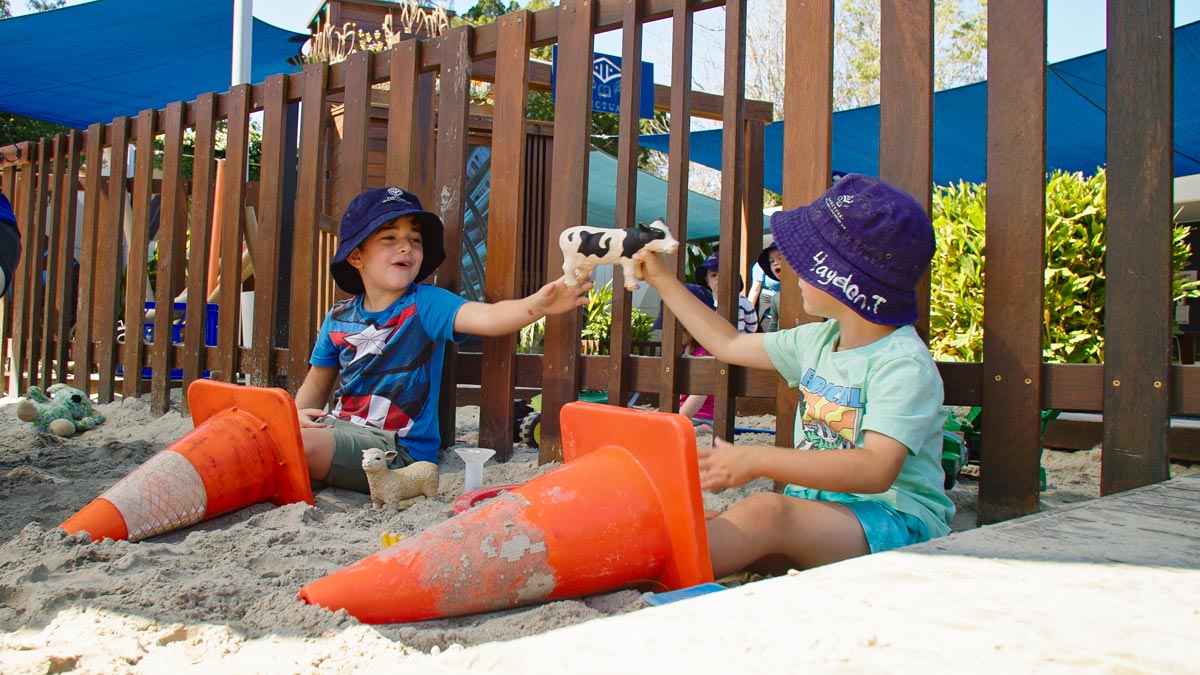
Role-Playing: A Gateway to Social Understanding and Empathy
Role-playing games at childcare allow children to step into others’ shoes, fostering empathy and social understanding. These imaginative play scenarios enable children to explore different perspectives and social roles.
Examples:
- Family Role-Play: Children take on roles of family members, understanding dynamics and responsibilities.
- Community Helpers: Playing roles like doctors, firefighters or teachers helps children appreciate various professions and their societal contributions.
- Problem-Solving Scenarios: Role-playing different conflict situations teaches children effective resolution strategies, allowing them to understand others’ perspectives; developing deeper empathy.
- Role-playing activities encourage communication, cooperation and negotiation.
- Imaginative play stimulates both creativity and cognitive development.
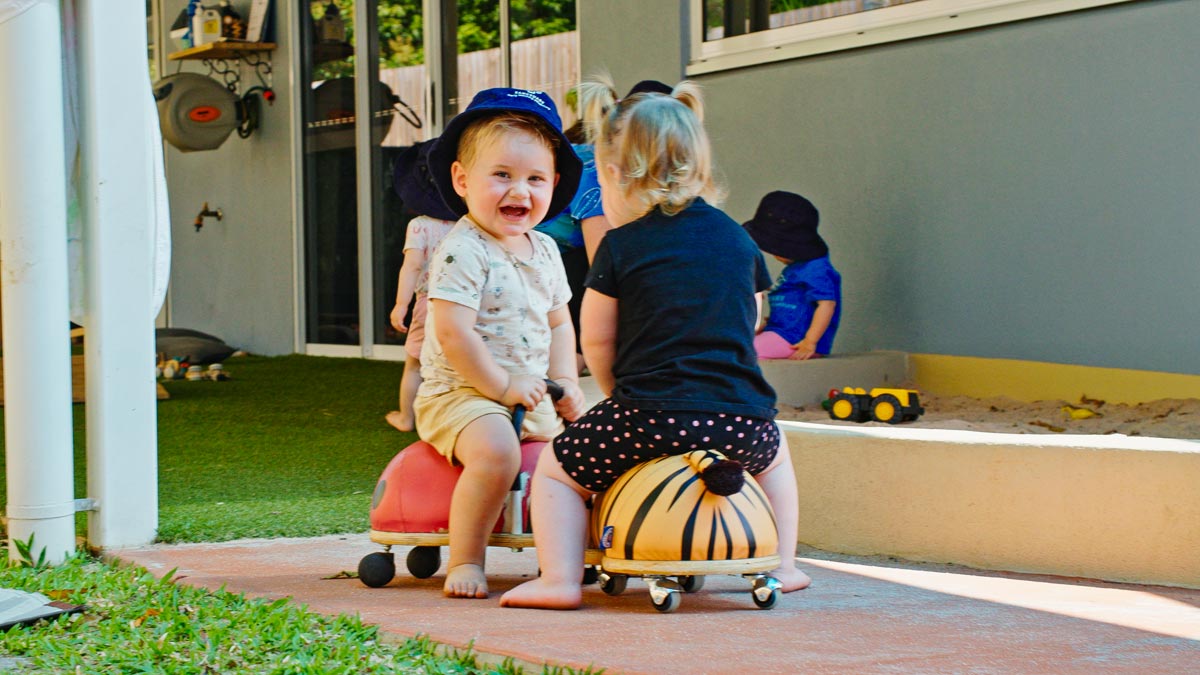
Guided Conflict Resolution: Building Problem-Solving Skills
Educators can be crucial in guiding children through conflict resolution and teaching valuable problem-solving skills. Here are the steps typically taught at early learning centres:
- Identifying the Problem: Helping children articulate the issue by asking open-ended questions to clarify the situation.
- Expressing Feelings: Encouraging children to share their feelings respectfully, ensuring they understand emotions are okay.
- Brainstorming Solutions: Discussing possible solutions and their potential outcomes, fostering creative thinking and collaboration.
- Agreeing on a Solution: Reaching a consensus that satisfies all parties involved, promoting fairness and mutual respect.
- Implementing the Solution: Implementing the agreed solution and reflecting on the outcome reinforces the importance of follow-through and learning from experiences.
Join Us in Nurturing Your Child's Social Growth
At Sanctuary Early Learning Adventure, we understand the profound impact that early socialisation can have on a child’s development. Our tailored activities and experienced educators provide a nurturing environment where children can grow their social, cognitive and emotional skills. Get in touch via our contact page or give us a call for more information. If you’re considering childcare options and want to give your child a head start in life’s social landscape, we invite you to get in touch via our contact page or give us a call for more information. Let’s work together to support your child’s social and emotional development in these crucial early years.
